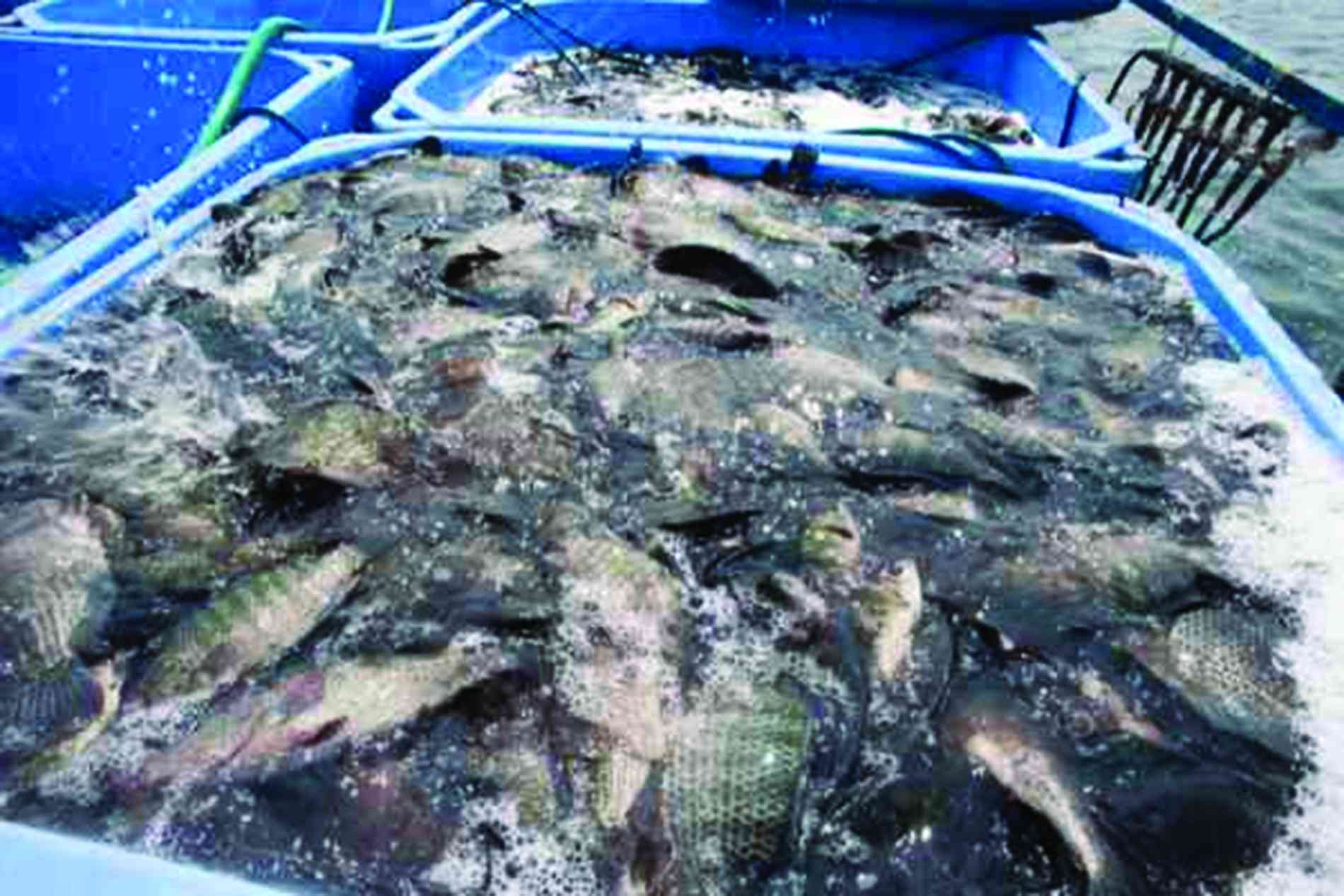
THE Lands, Agriculture, Fisheries, Water and Rural Development ministry’s fisheries and aquaculture resources production director Milton Makumbe says fishing value chain development in Zimbabwe lacks a legal framework to address pressing issues it faces.
This comes as Zimbabwe’s fishing sector is grappling with significant challenges, leading to underproduction in the industry of over 75%.
In an interview with NewsDay Farming, Makumbe said the country was grappling with several significant challenges, chief among them the lack of a legal framework that could protect the efficiency and growth of the fishing sector.
Historically, Zimbabwe was ranked among Africa’s top three fish producers.
However, it now produces approximately 15 000 metric tonnes annually, far below the 60 000 metric tonnes needed to meet demand.
Fish farming in Zimbabwe is dominated by the Nile tilapia, rainbow trout and bream.
“Challenges facing the fish value chain are numerous and some of these directly affect the efficiency and growth of the subsector,” Makumbe said.
“These challenges include but are not limited to the absence of an enabling legal framework, poor seed quality, limited financial capital, poor production technologies, poor marketing, slow uptake of and adoption of sustainable community-based aquaculture initiatives and climate change-induced water shortages.”
- Govt director reveals bottlenecks in fishing sector
- Govt seeks credit facilities for fish farmers
Keep Reading
Climate change-induced water shortages have significantly hurt the fishing industry, with fish dying as a result of reduced water bodies.
Makumbe emphasised that a comprehensive legal framework is essential for guiding growth and productivity in the sector.
In its absence, he said, this created loopholes that contributed to the sector’s inefficiency and leading to the illegal importation of cheap and low-quality fish.
Makumbe said some of the challenges being faced by the fishing sector included a lack of knowledge on fishing and a lack of credit access at financial institutions.
“There is generally a lack of knowledge in fish farming business opportunities among potential investors. There is also lack of access to credit and financial facilities that support small-scale fisheries, which has resulted in low production and productivity,” he said.
“As a result, there has been a high influx of imported cheap fish in recent years targeting low-income consumers that has affected the industry. These have suppressed fish prices, rendering locally farmed fish non-viable.”
To tackle these challenges, he called for decisive action from all stakeholders, including the government, private sector and financial institutions to revitalise the industry.
Makumbe said there was need to restore’s Zimbabwe’s status as a leading fish producer in Africa.
“Implementation of the fisheries and aquaculture strategic development plan requires support from various players such as government, private sector, development partners, financial institutions and value chain players,” he said.
A joint March research paper by Nyasha Mabika, from the Department of Biological Sciences and Ecology at the University of Zimbabwe, and Beaven Utete, from the Department of Freshwater and Fishery Sciences, Chinhoyi University of Technology, read: “Consistent high market demand for fish and numerous water bodies with potential for cage culture are some of the drivers for aquaculture. Despite the industry’s significant growth, there are still a number of management and production issues that need to be resolved.
“Weaknesses in structural issues and operational frameworks in non-governmental organisations, lack of credit facilities, subsidies, limited technology, obfuscated governance, weak fish disease surveillance mechanisms and legal frameworks and constrained human resource capacity are some of the challenges plaguing fish culture in Zimbabwe.”
Added the paper: “Cogent aquaculture policies, sustainable subsidies, intensive training of human resources and fisheries experts, strengthened disease surveillance, cheaper alternative fish feeds, reliable viable fingerling production, concerted value chain effort and exploration of lucrative export markets is a panacea for the fledgling aquaculture industry in Zimbabwe.”











